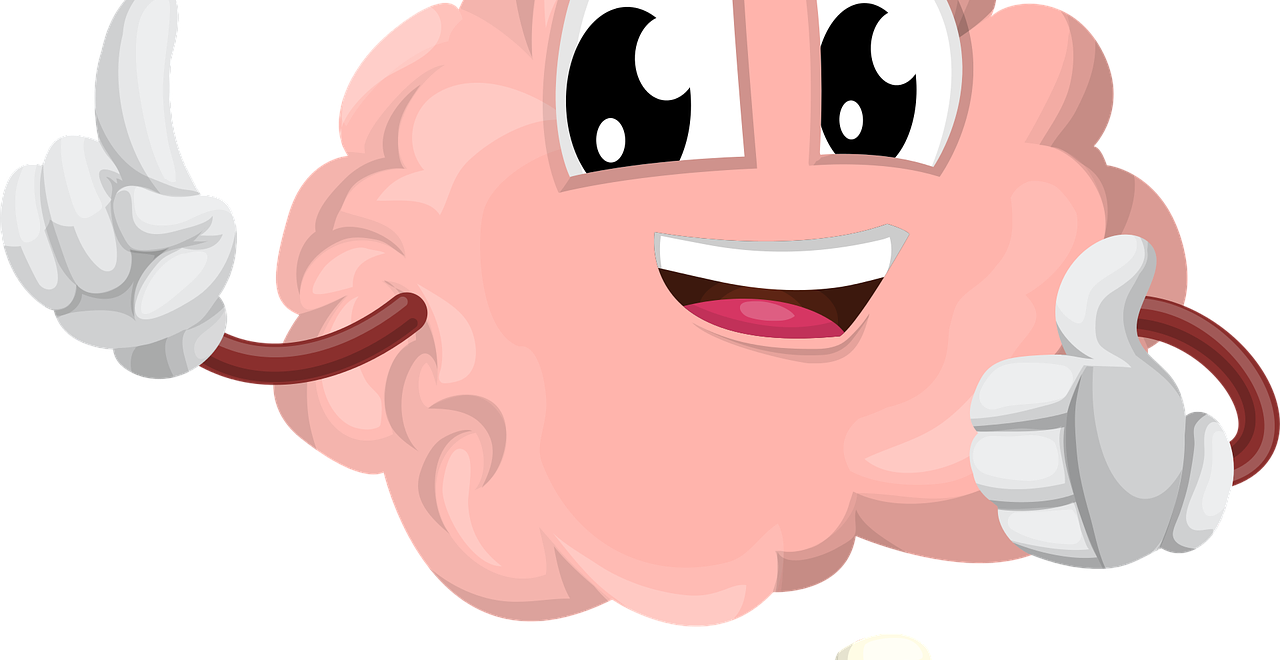Laughter has several effects that can make people feel better.
It triggers the release of endorphins, which are neurotransmitters that act as natural painkillers and make your mood better.
Endorphins promote feelings of pleasure and well-being, contributing to a sense of happiness and relaxation.
Laughing decreases the levels of stress hormones such as cortisol and adrenaline in the body.
These hormones are associated with the body’s fight-or-flight response to stress, and high levels can contribute to feelings of anxiety and tension.
Laughter can lead to a decrease in feelings of stress, tension, and anxiety, and promote a sense of calmness and relaxation.
Research suggests that laughter may have positive effects on the immune system, including increasing the production of immune cells and antibodies that help protect the body against illness and infection.
Laughter is often a social activity, happening most often when with friends, family, or colleagues.
Sharing laughter with others can strengthen social bonds, foster a sense of belonging and connection, and improve interpersonal relationships.
These social interactions trigger the release of oxytocin, sometimes called the “love hormone,” which promotes feelings of trust, empathy, and bonding.
Laughter can help individuals gain perspective on challenging situations or difficulties they may be facing.
It can provide a temporary escape from stressors, allowing people to see things from a different, more positive angle.
Developing a sense of humor and being able to laugh at oneself and life’s absurdities can help build resilience and coping skills.
It allows individuals to bounce back from setbacks, adapt to change, and maintain a positive outlook in the face of adversity.
Don’t feel ashamed to laugh at yourself, this can be an important step in moving forward from certain situations or trauma.
You can also find humor in a wide variety of situations or experiences.
Visual comedy, such as funny facial expressions or exaggerated gestures, can also be humorous.
Humor can come from everyday situations, misunderstandings, or unexpected twists of fate.
Comedians often draw material from their own experiences, observations, and interactions with the world around them.
Awkward moments, embarrassing situations, and moments of irony or absurdity in everyday life can all be sources of laughter.
Pick up your favorite cartoons, comic strips, and animated series.
The colorful, exaggerated world of cartoons can cause a good laugh.
Social media platforms and internet culture has created a new form of humor, including memes, viral videos, and internet humor.
Memes often combine humor, satire, and cultural references to create shareable and relatable content that is popular with audiences online.
These are just a few examples of the diverse range of things that can provoke laughter.
What one person finds funny may not resonate with someone else.
Ultimately, laughter is a deeply personal experience shaped by individual preferences, experiences, and cultural influences.
Overall, laughing engages multiple brain regions and neurochemical processes that contribute to feelings of happiness, pleasure, and well-being.
Incorporating laughter into your daily life can have profound effects on mental, emotional, and physical health.
Take a break from the serious things in life.
Wind down and have a good laugh with someone you love and care about today.

